Insight Astronomy Photographer of the Year shortlist announced
More than 3,800 entries capture sights from across the universe
A free daily email with the biggest news stories of the day – and the best features from TheWeek.com
You are now subscribed
Your newsletter sign-up was successful
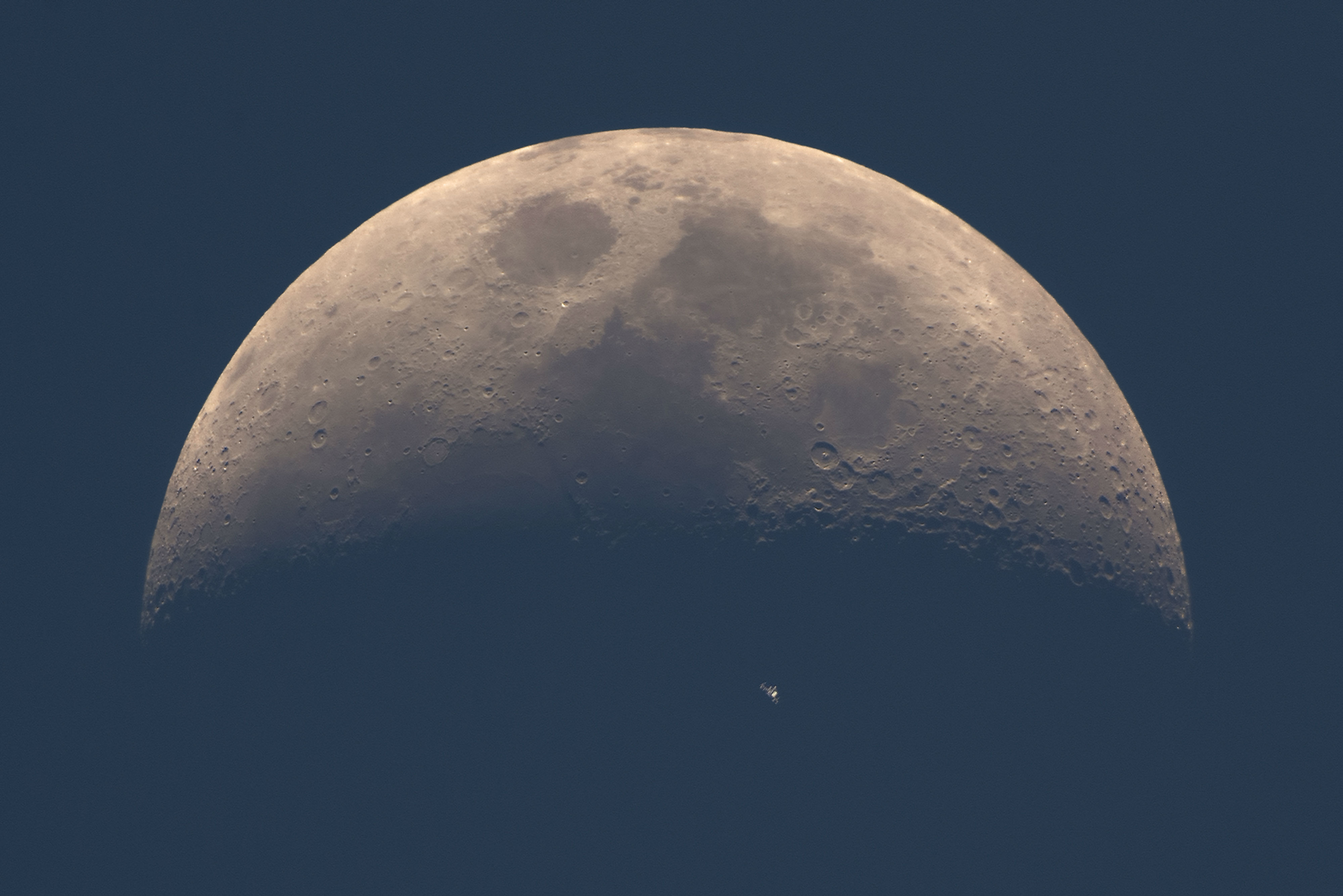
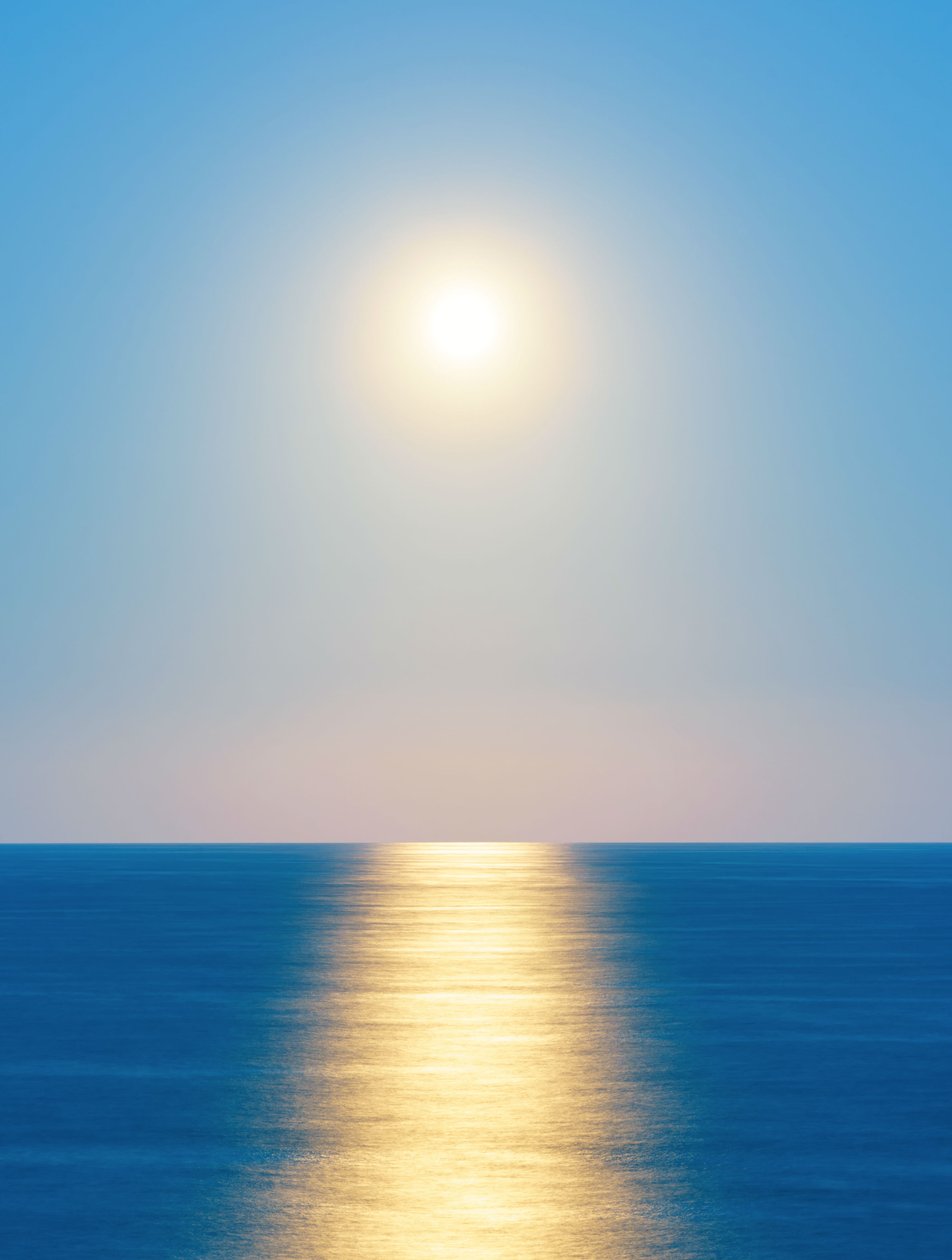
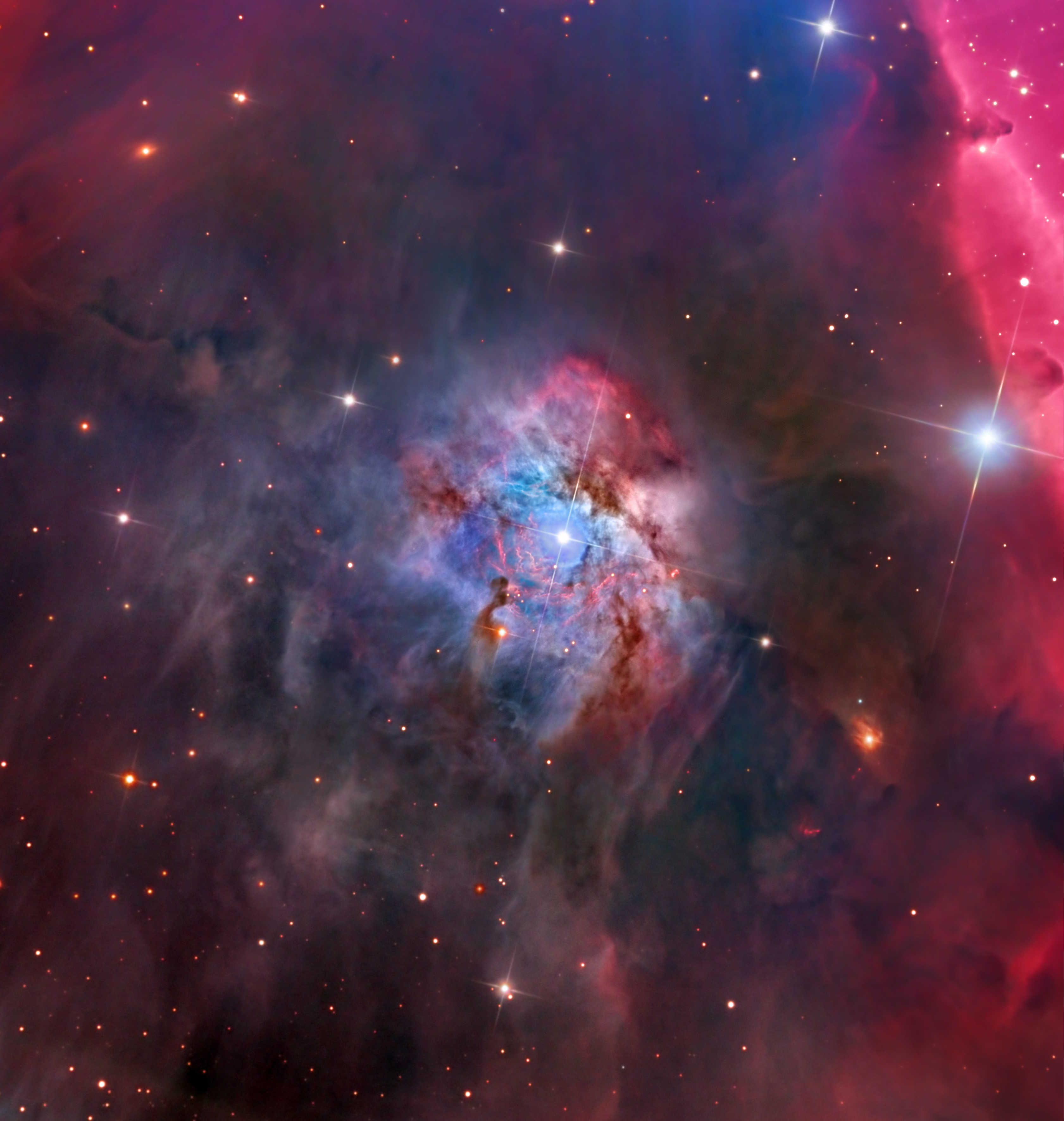
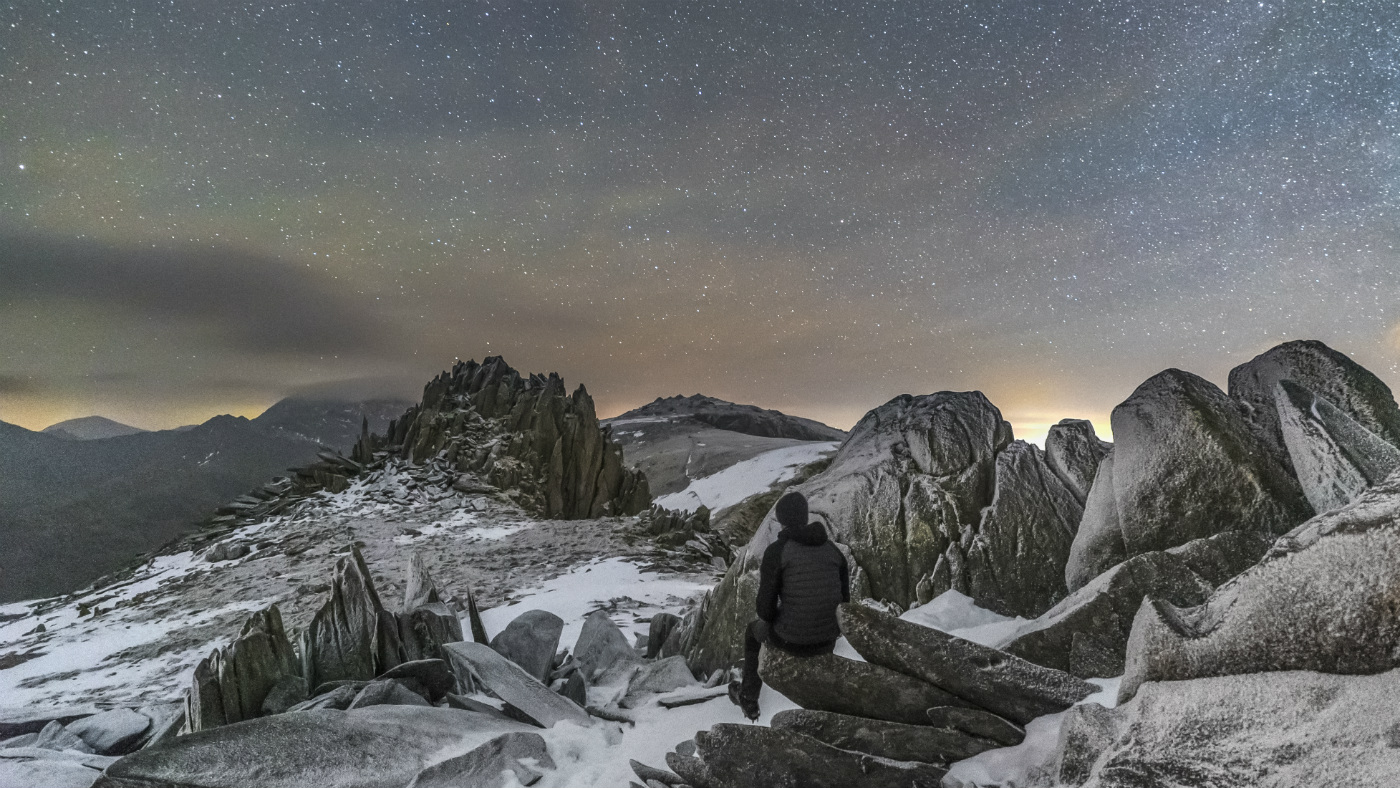
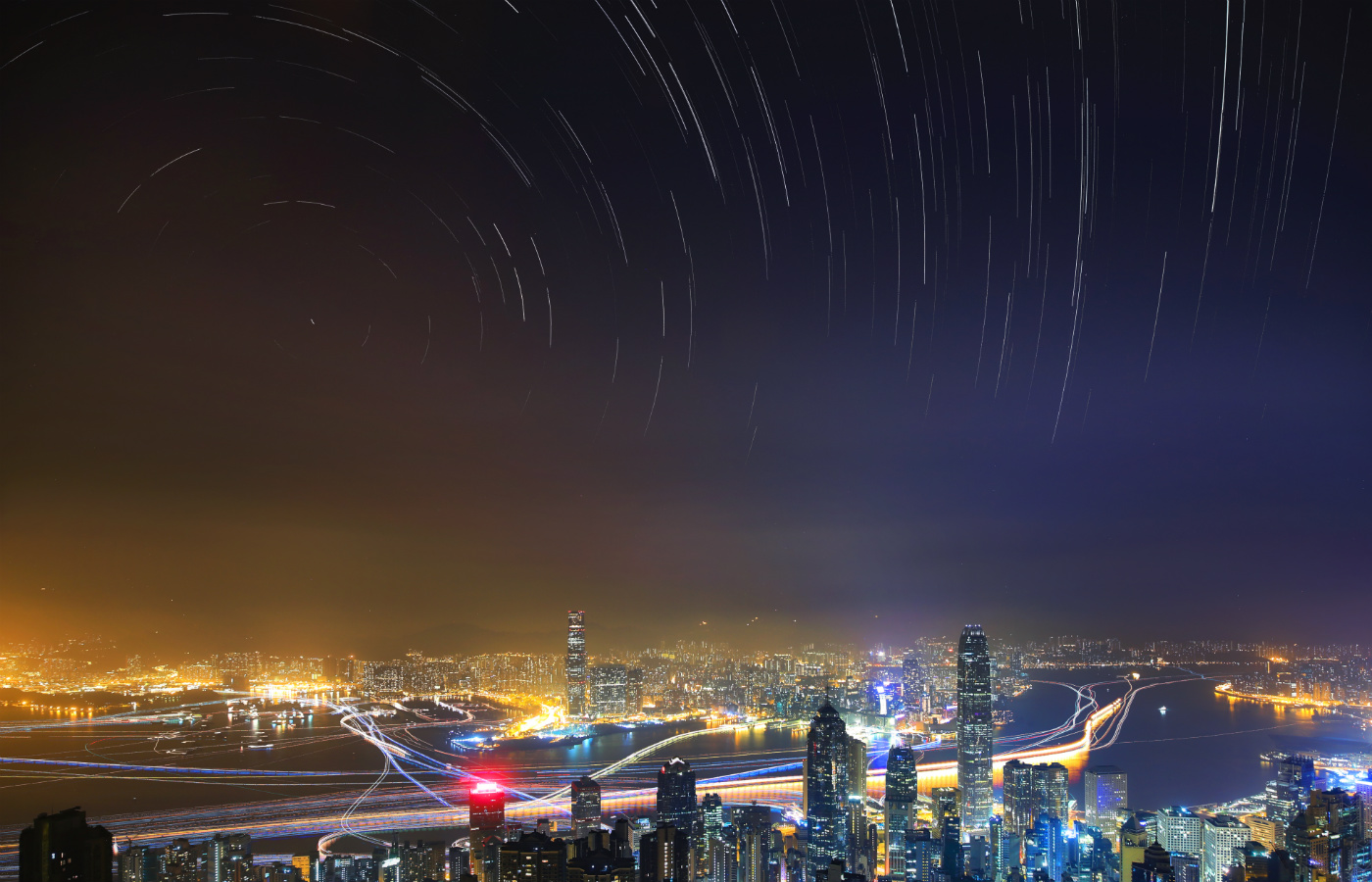
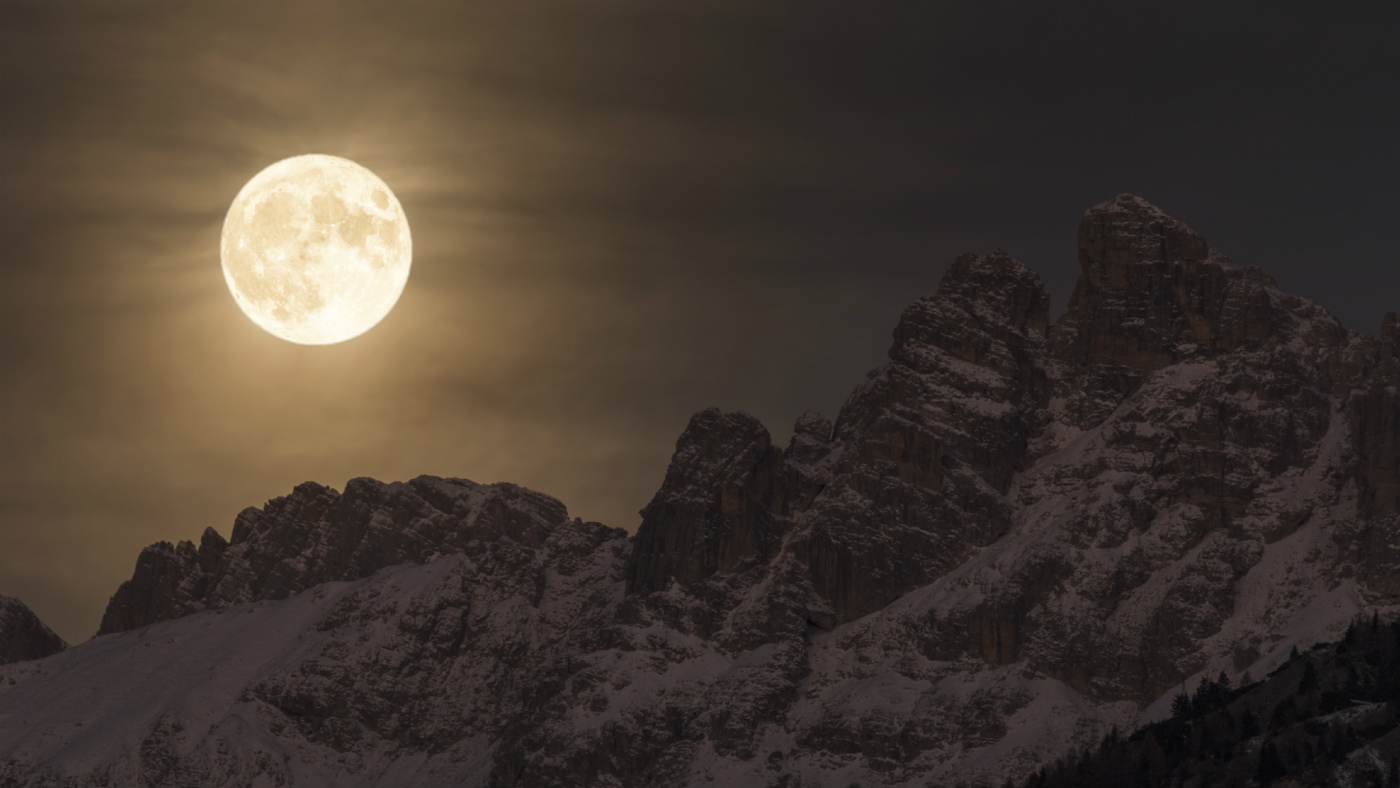
Judges for the Insight Astronomy Photographer of the Year 2017 have selected this year's shortlisted images.
Hopefuls include images of the super moon in the Dolomites in Italy, the Northern Lights dancing above a rainbow over Tromso harbour in Norway and a shooting star flashing over Portland in Dorset as Jupiter looms in the background.

The competition, now in its ninth year, is run by the Royal Observatory Greenwich in association with Insight Investment and BBC Sky at Night Magazine. It received a record number of entries this year, with more than 3,800 shots sent in by amateurs and professional photographers from 91 countries. of Uranus and asteroids.
The Week
Escape your echo chamber. Get the facts behind the news, plus analysis from multiple perspectives.

Sign up for The Week's Free Newsletters
From our morning news briefing to a weekly Good News Newsletter, get the best of The Week delivered directly to your inbox.
From our morning news briefing to a weekly Good News Newsletter, get the best of The Week delivered directly to your inbox.
The images were truly out of this world, with photos of Uranus and asteroids also being presented.

"The range of subjects is not just limited to our planet," said the organisers. "Photographers have also captured sights from across our solar system, galaxy and the wider universe."

Rebecca Roth, of Nasa's Goddard Space Flight Center, was a new addition to the judging panel this year, joining comedian and amateur astronomer Jon Culshaw, editor of BBC Sky at Night Magazine Chris Bramley, the Royal Observatory's Public Astronomer Dr Marek Kukula and a host of experts in the worlds of art and astronomy.

The winners of the competition's nine categories and two special prizes will be announced on 14 September at an award ceremony at the Royal Observatory in Greenwich and the shortlisted images will be on display at the observatory from 16 September.
A free daily email with the biggest news stories of the day – and the best features from TheWeek.com

The overall winner will receive £10,000, while winners of all other categories and the Young Astronomy Photographer of the Year will receive £1,500.
-
 Bondi, Democrats clash over Epstein in hearing
Bondi, Democrats clash over Epstein in hearingSpeed Read Attorney General Pam Bondi ignored survivors of convicted sex offender Jeffrey Epstein and demanded that Democrats apologize to Trump
-
 Are Big Tech firms the new tobacco companies?
Are Big Tech firms the new tobacco companies?Today’s Big Question Trial will determine if Meta, YouTube designed addictive products
-
 El Paso airspace closure tied to FAA-Pentagon standoff
El Paso airspace closure tied to FAA-Pentagon standoffSpeed Read The closure in the Texas border city stemmed from disagreements between the Federal Aviation Administration and Pentagon officials over drone-related tests
-
 Nan Goldin: The Ballad of Sexual Dependency – an ‘engrossing’ exhibition
Nan Goldin: The Ballad of Sexual Dependency – an ‘engrossing’ exhibitionThe Week Recommends All 126 images from the American photographer’s ‘influential’ photobook have come to the UK for the first time
-
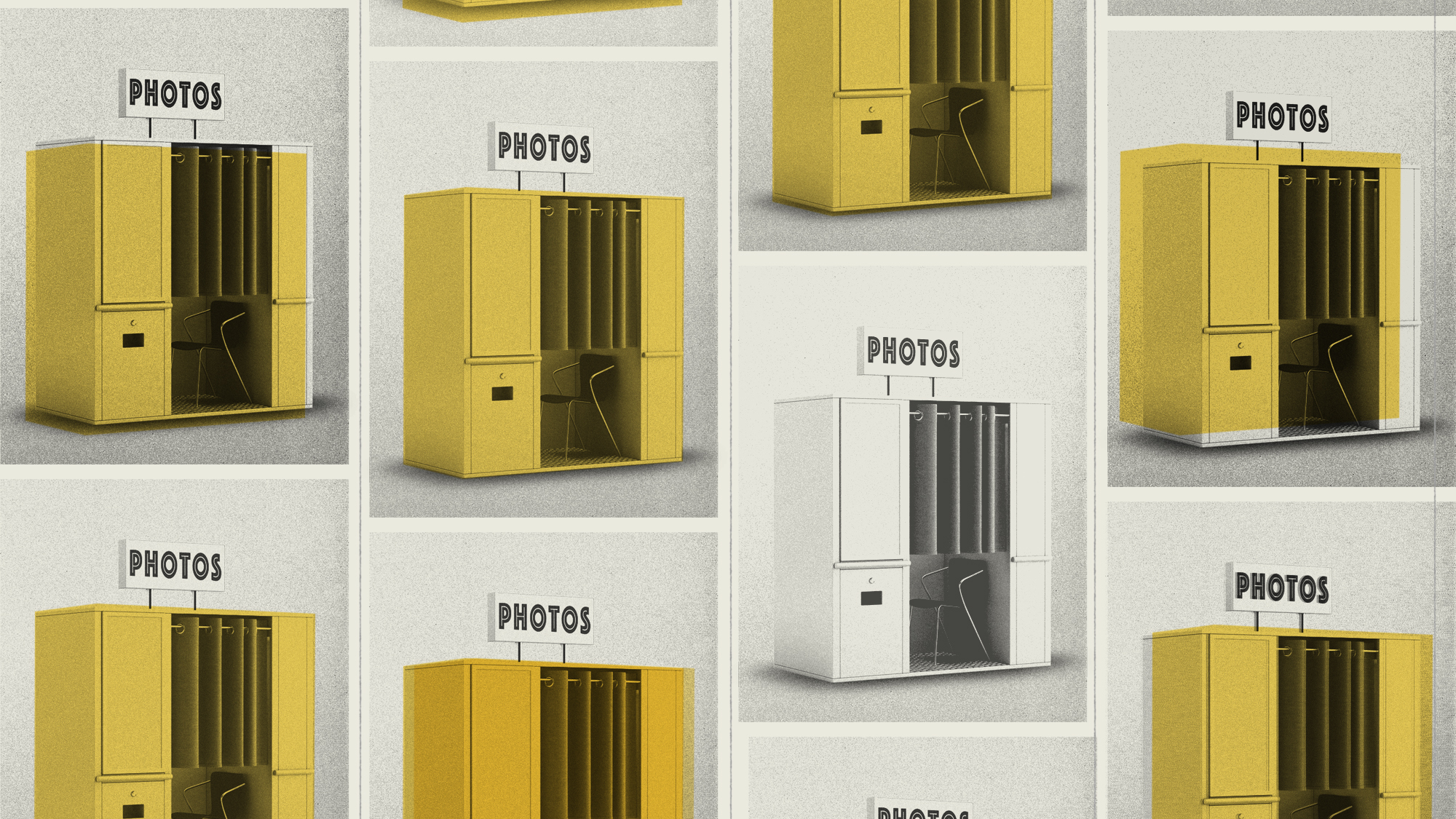 Why photo booths are enjoying a revival
Why photo booths are enjoying a revivalIn The Spotlight It’s 100 years since it first appeared, but the photo booth is far from an analogue relic
-
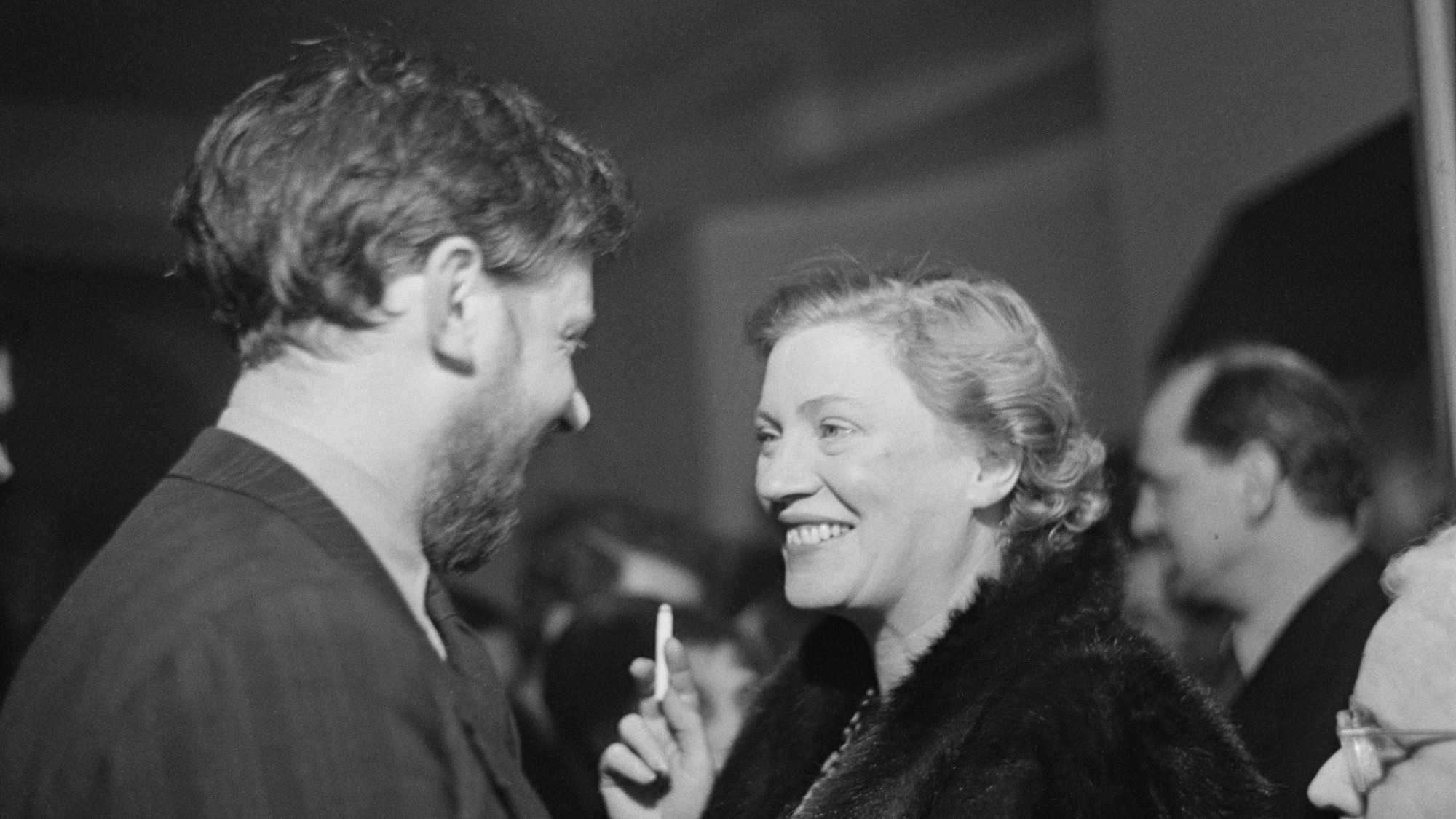 Lee Miller at the Tate: a ‘sexy yet devastating’ show
Lee Miller at the Tate: a ‘sexy yet devastating’ showThe Week Recommends The ‘revelatory’ exhibition tells the photographer’s story ‘through her own impeccable eye’
-
 See the Northern Lights from these bucket list destinations
See the Northern Lights from these bucket list destinationsThe Week Recommends The dazzling displays can be spotted across Iceland, Sweden and parts of Canada
-
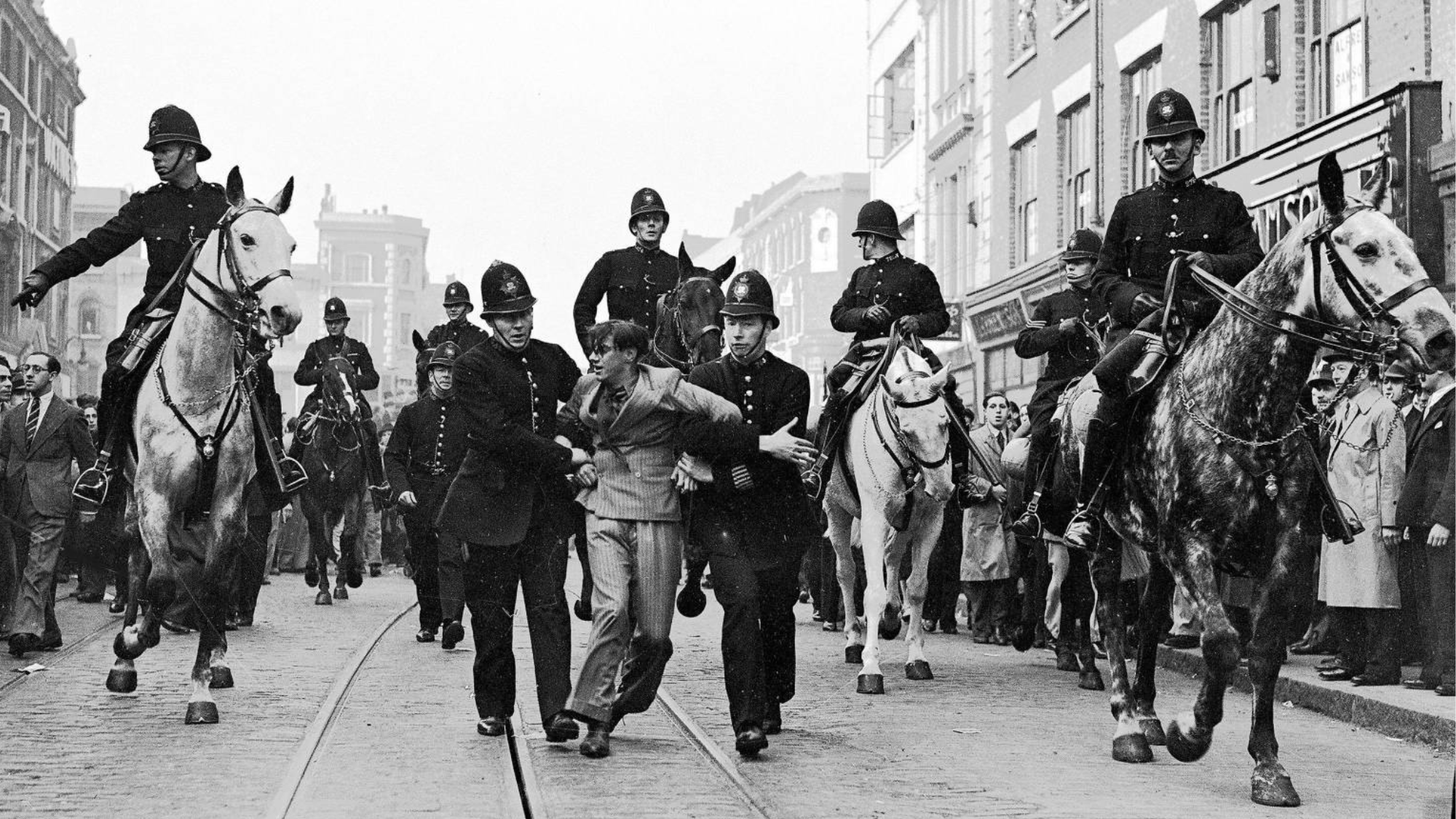 Resistance: 'compelling' show captures a century of protest
Resistance: 'compelling' show captures a century of protestThe Week Recommends Turner prizewinner Steve McQueen curates 'fascinating' photography exhibition in Margate
-
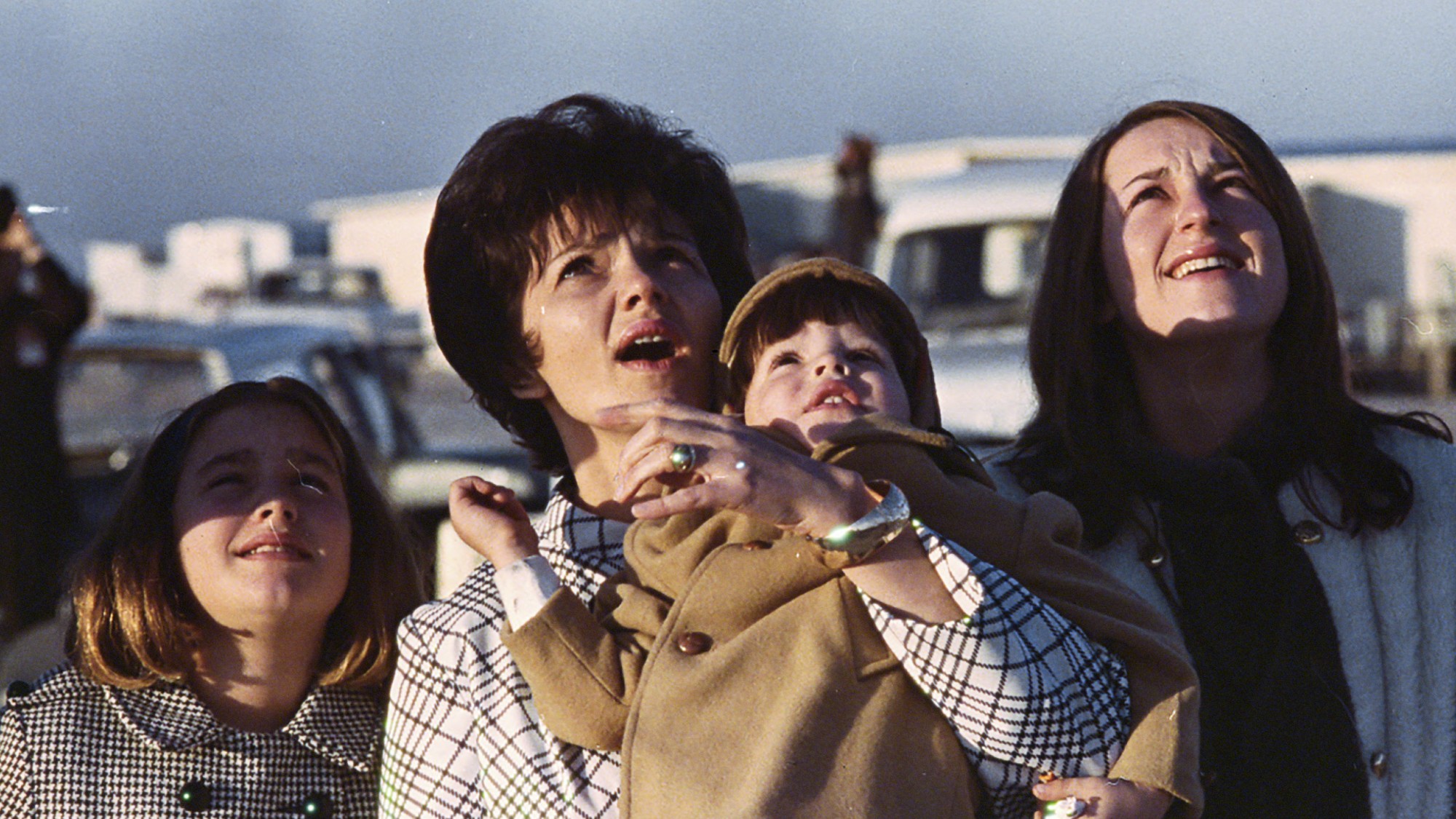 Apollo 13: Survival – a 'real, rare and breathtaking tale of survival'
Apollo 13: Survival – a 'real, rare and breathtaking tale of survival'The Week Recommends Netflix documentary includes 'remarkable' archival footage from near-disastrous moon mission
-
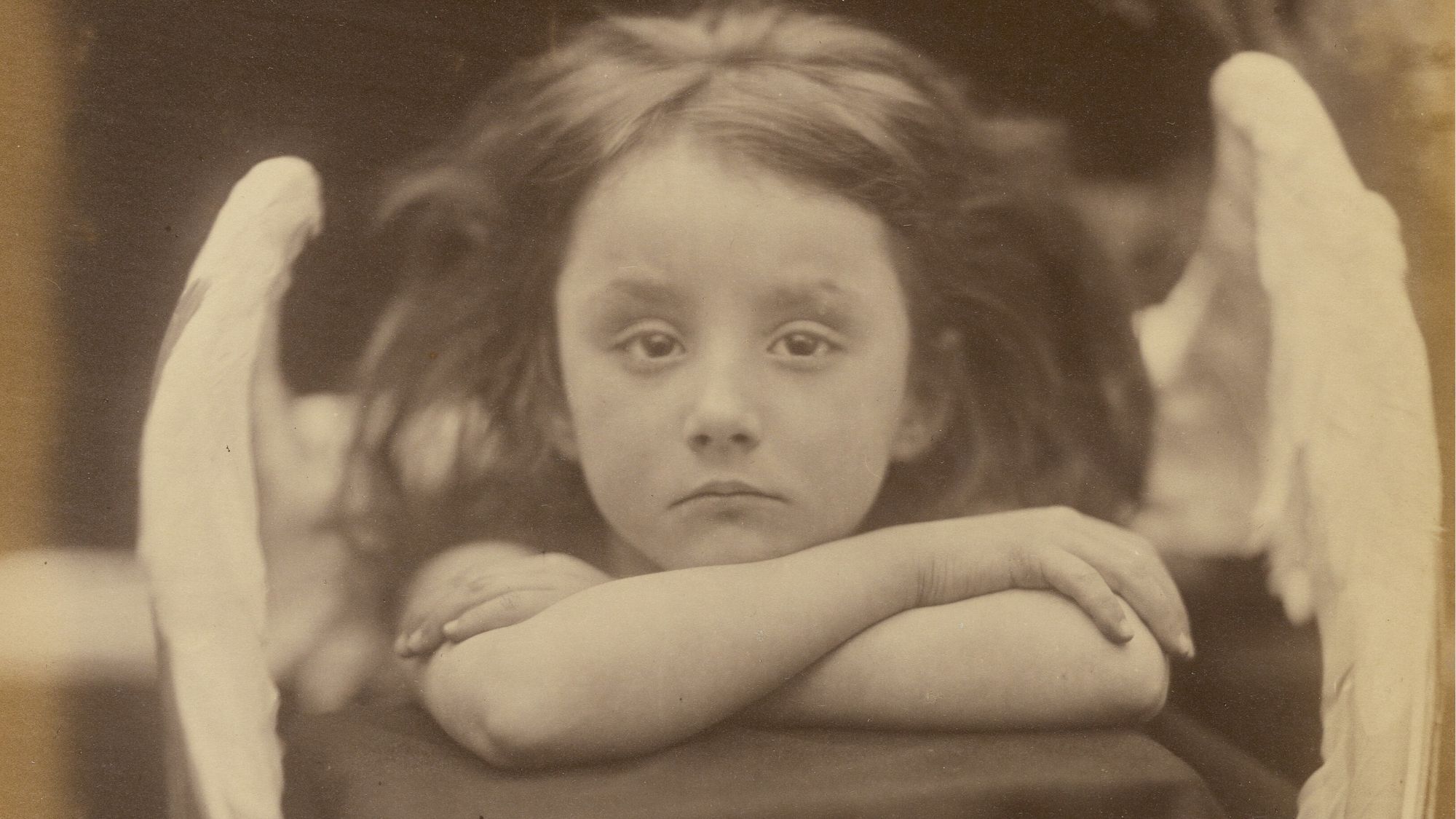 Francesca Woodman and Julia Margaret Cameron: experimental portrait photography
Francesca Woodman and Julia Margaret Cameron: experimental portrait photographythe week recommends Their careers are separated by time but joined by their shared interest in spectral, dream-like atmospheres
-
 The Space Shuttle That Fell to Earth: was Columbia an avoidable disaster?
The Space Shuttle That Fell to Earth: was Columbia an avoidable disaster?The Week Recommends Three-part BBC documentary examines lesser-known Nasa catastrophe